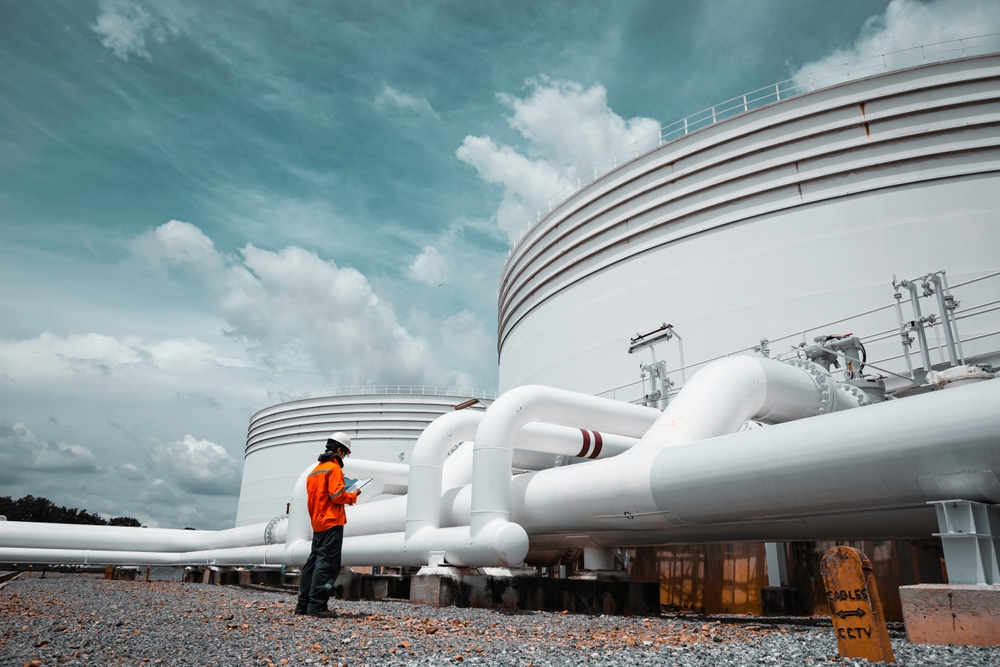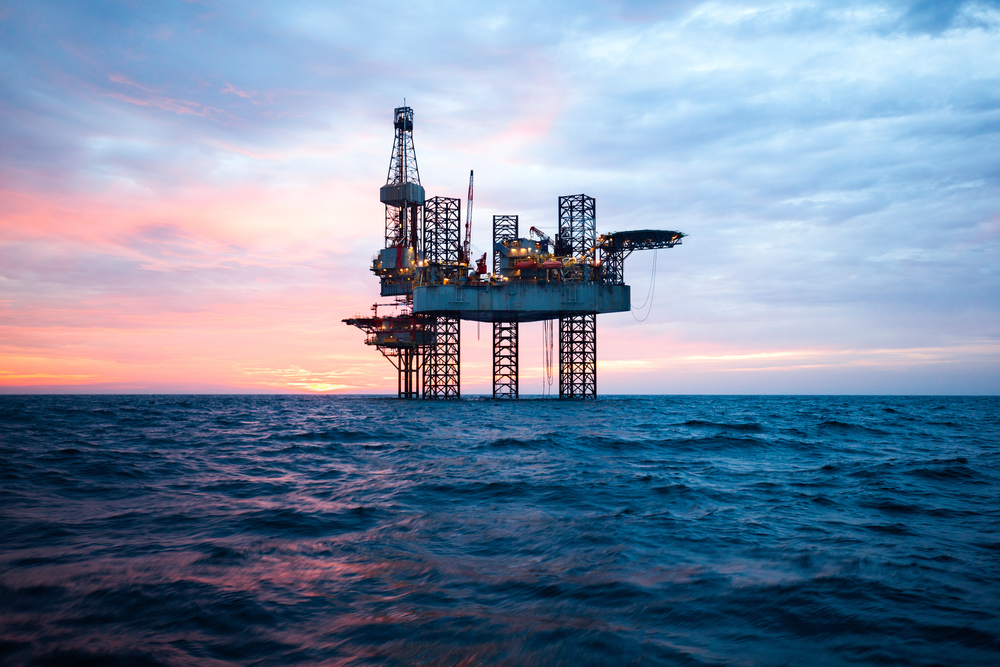

This course discusses in depth the processes and operations of hydrocarbons with emphasis on reservoirs, production methods and efficiency of operations. Participants will acquire practical skills and knowledge for resolving production operational processes and overcoming barriers in the oil and gas sector.
| City | Start Date | End Date | Fees | Register | Enquire | Download |
|---|---|---|---|---|---|---|
| London | 23-06-2025 | 27-06-2025 | 6200 $ | Register | Enquire | |
| Cairo | 30-06-2025 | 04-07-2025 | 3950 $ | Register | Enquire | |
| Casablanca | 07-07-2025 | 11-07-2025 | 4950 $ | Register | Enquire | |
| Cairo | 21-07-2025 | 25-07-2025 | 3950 $ | Register | Enquire | |
| Vienna | 28-07-2025 | 01-08-2025 | 6200 $ | Register | Enquire | |
| Amsterdam | 04-08-2025 | 08-08-2025 | 6200 $ | Register | Enquire | |
| Madrid | 11-08-2025 | 15-08-2025 | 6200 $ | Register | Enquire | |
| Amman | 18-08-2025 | 22-08-2025 | 3950 $ | Register | Enquire | |
| Kuala Lumpur | 25-08-2025 | 29-08-2025 | 4950 $ | Register | Enquire | |
| Dubai | 01-09-2025 | 05-09-2025 | 4300 $ | Register | Enquire | |
| Vienna | 08-09-2025 | 12-09-2025 | 6200 $ | Register | Enquire | |
| Kuala Lumpur | 15-09-2025 | 19-09-2025 | 4950 $ | Register | Enquire | |
| Casablanca | 29-09-2025 | 03-10-2025 | 4950 $ | Register | Enquire | |
| Cape Town | 06-10-2025 | 10-10-2025 | 5600 $ | Register | Enquire | |
| Kuala Lumpur | 13-10-2025 | 17-10-2025 | 4950 $ | Register | Enquire | |
| Casablanca | 20-10-2025 | 24-10-2025 | 4950 $ | Register | Enquire | |
| Vienna | 27-10-2025 | 31-10-2025 | 6200 $ | Register | Enquire | |
| Dubai | 03-11-2025 | 07-11-2025 | 4300 $ | Register | Enquire | |
| London | 10-11-2025 | 14-11-2025 | 6200 $ | Register | Enquire | |
| Geneva | 24-11-2025 | 28-11-2025 | 5600 $ | Register | Enquire | |
| Cairo | 01-12-2025 | 05-12-2025 | 3950 $ | Register | Enquire | |
| Madrid | 08-12-2025 | 12-12-2025 | 6200 $ | Register | Enquire | |
| Istanbul | 15-12-2025 | 19-12-2025 | 4950 $ | Register | Enquire | |
| Casablanca | 22-12-2025 | 26-12-2025 | 4950 $ | Register | Enquire | |
| Dubai | 29-12-2025 | 02-01-2026 | 4300 $ | Register | Enquire |
The Operational Aspects of Hydrocarbon Production mini-semester course provides a comprehensive view of the entire life cycle of hydrocarbon production and the associated facilities. This course offers an in-depth study of oilfield production handling and treatment systems, focusing on fluid movement from the reservoir to the final consumer. Emphasis is placed on reserve and fluid property evaluation and estimation, equipping surface facility engineers with the skills needed to design and oversee relevant systems and their supporting infrastructure.
Upon completion of this extensive hydrocarbon training course, participants will be able to:
Unit 1: Introduction and Overview
Unit 2: Hydrocarbon Properties
Unit 3: The Downstream Operations
Unit 4: Heat Exchangers
Unit 5: Technological Components at Work
.jpg)
.jpg)

.jpg)
.jpg)














